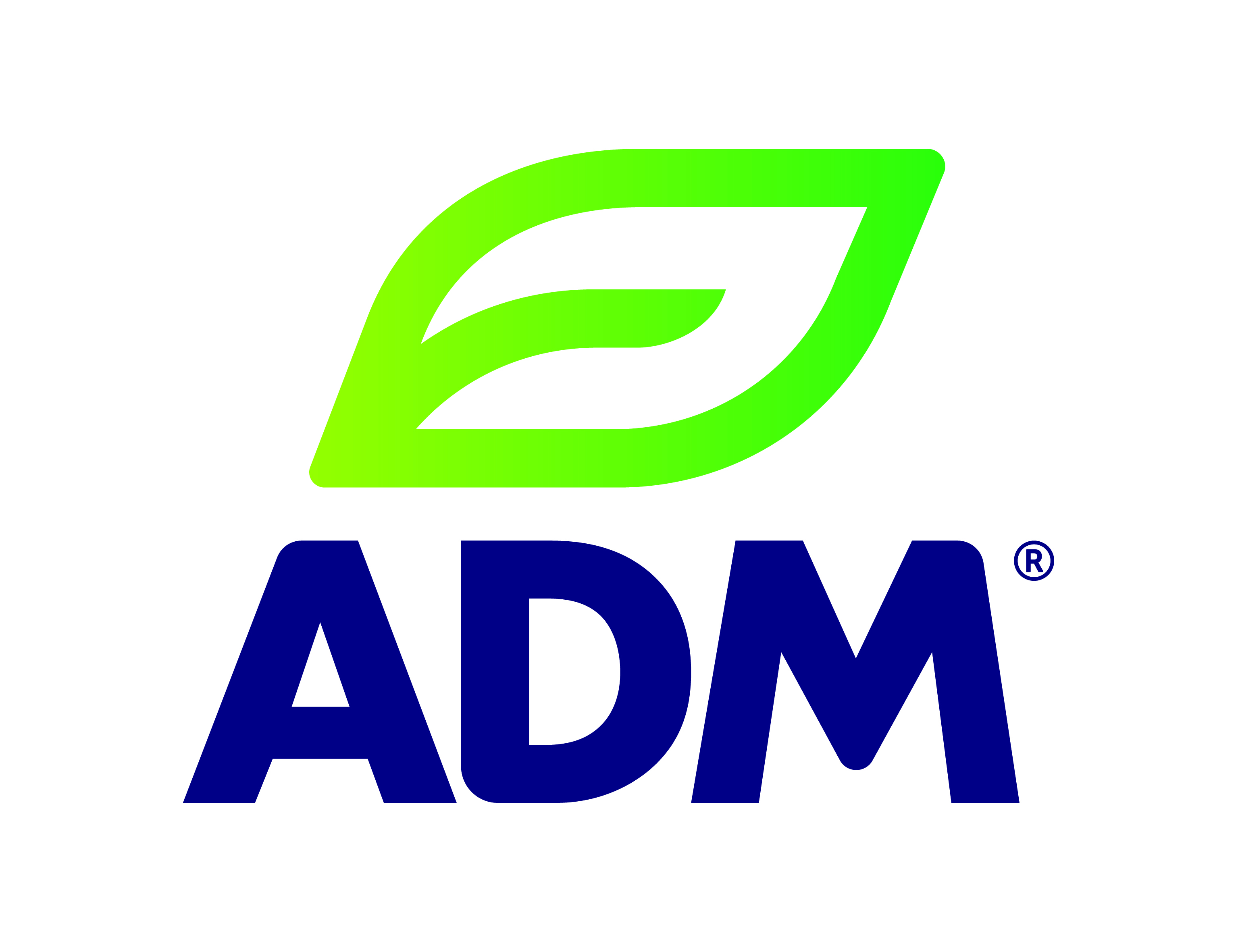News
Algal oil demand surges in specialised nutrition
16 Dec 2019The potential of microalgae continues to expand, including as a source of protein and as a food colouring – and the market for algal oil in particular is growing fast.
Major players in omega-3s are already investing in the sector, including ADM, Cargill, Evonik, Neptune Wellness Solutions and DSM, as manufacturers and consumers have begun to seek more sustainable and vegetarian alternatives to fish oil. As ingredients’ sustainability credentials have gained in importance, algal oil as a source of omega-3s has gained ground, with the global market expected to grow at a CAGR of 11.5% to 2024, according to analysis from ResearchandMarkets.

Algal oil has a range of impressive environmental benefits: it is decoupled from concerns about overfishing, requires few inputs and little to no land, and when grown in fermentation tanks, it can be harvested in days, meaning it is easy to produce large quantities to order, independent from climate and local weather conditions.
From a nutritional standpoint, algal oil boasts a higher ratio of DHA to EPA omega-3 fatty acids than fish sources, with oils high in DHA being particularly sought after for use in nutritional supplements and infant formula. In addition, the oil could be on the cusp of wider use in foods and drinks following a European ruling in 2018 expanding the permitted uses for algal oil, following notification from BASF, Nutraveris and Mara Renewables that they intended to market the oil as a novel food. More mainstream food and drink manufacturers could follow suit.
From a functional perspective, algal oil could be easier to use in foods than other marine oils, as it has an unusually high smoke point and a neutral taste, which could be useful in baking and frying. Its neutral flavour also makes it a good candidate for coatings and as an ingredient in sauces and dressings.
There is a large and growing body of research suggesting health benefits from consumption of fish oil, but few vegetarian alternatives. Algal oil fills this gap in the market, and its popularity is growing.
The current trend for plant-based eating is well-known, and algal oil as a source of omega-3s taps into that, but consumers also are interested in natural and environmentally responsible ingredients. Sustainability claims are becoming increasingly important, and Euromonitor International says ethical labels on global food and drink products were worth $794 billion in 2017 – $67 billion more than health and wellness claims.
In addition, companies involved in the sector continue to invest in innovative new products and processing, including extraction without solvents, greater resistance to oxidative stress, and varieties with a higher proportion of EPA or lower saturated fat content.



